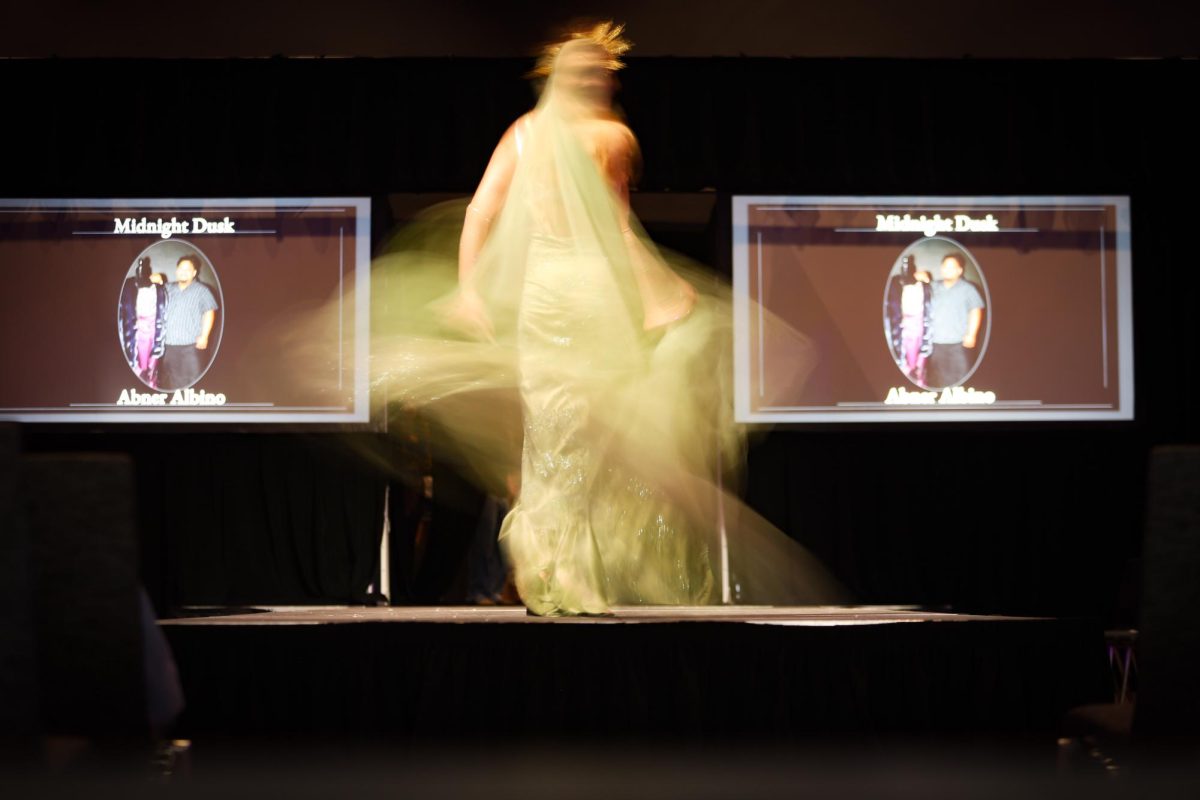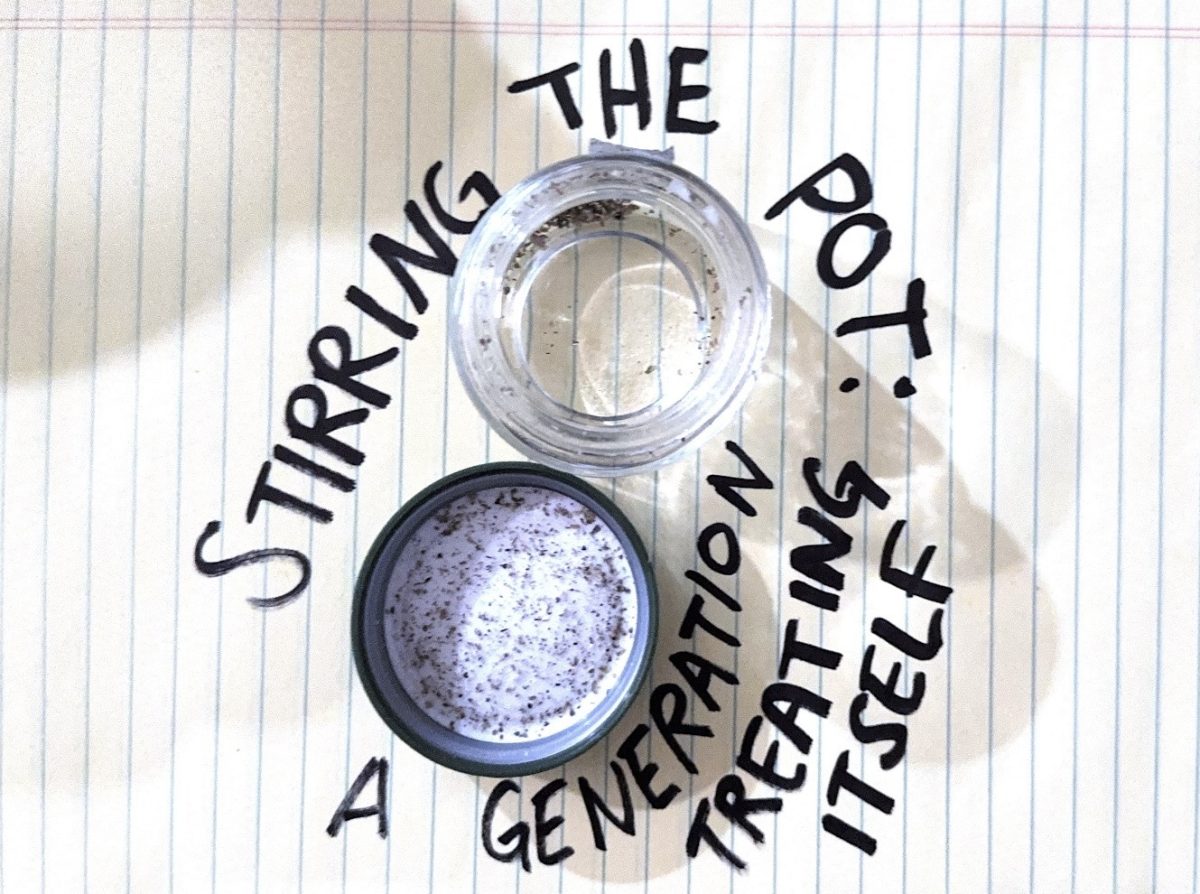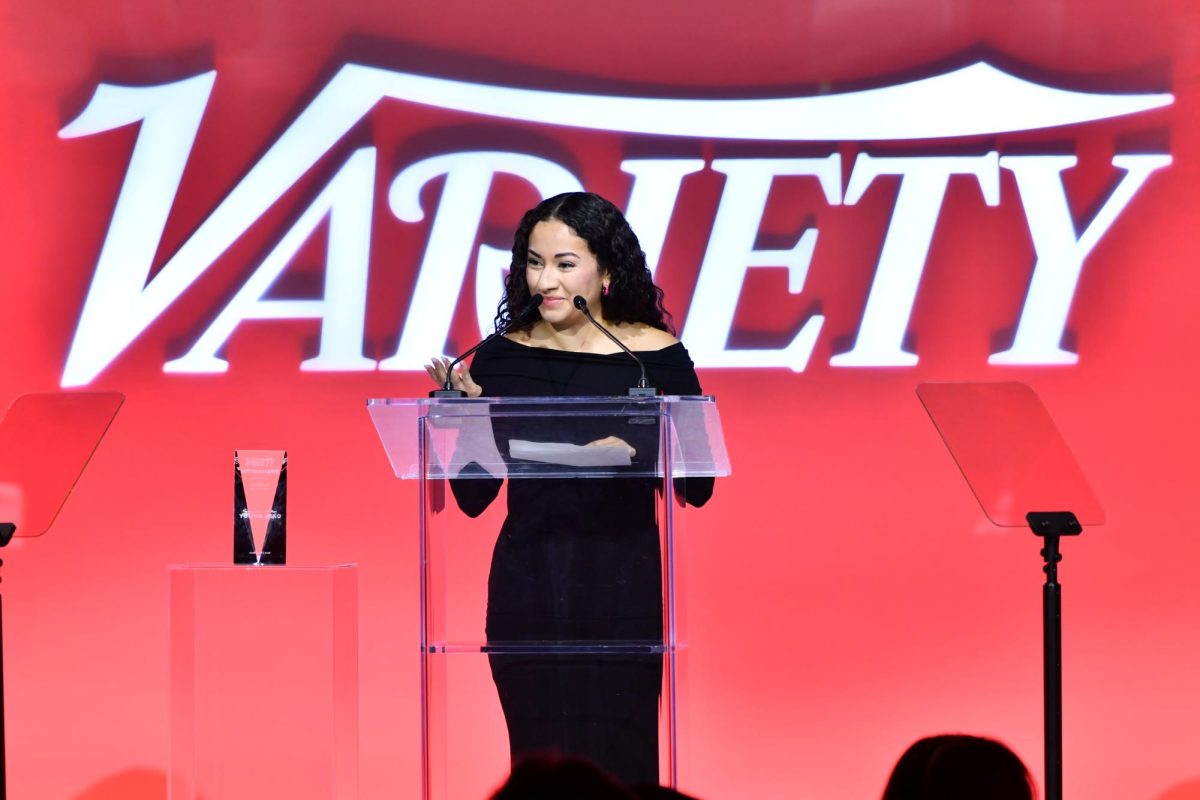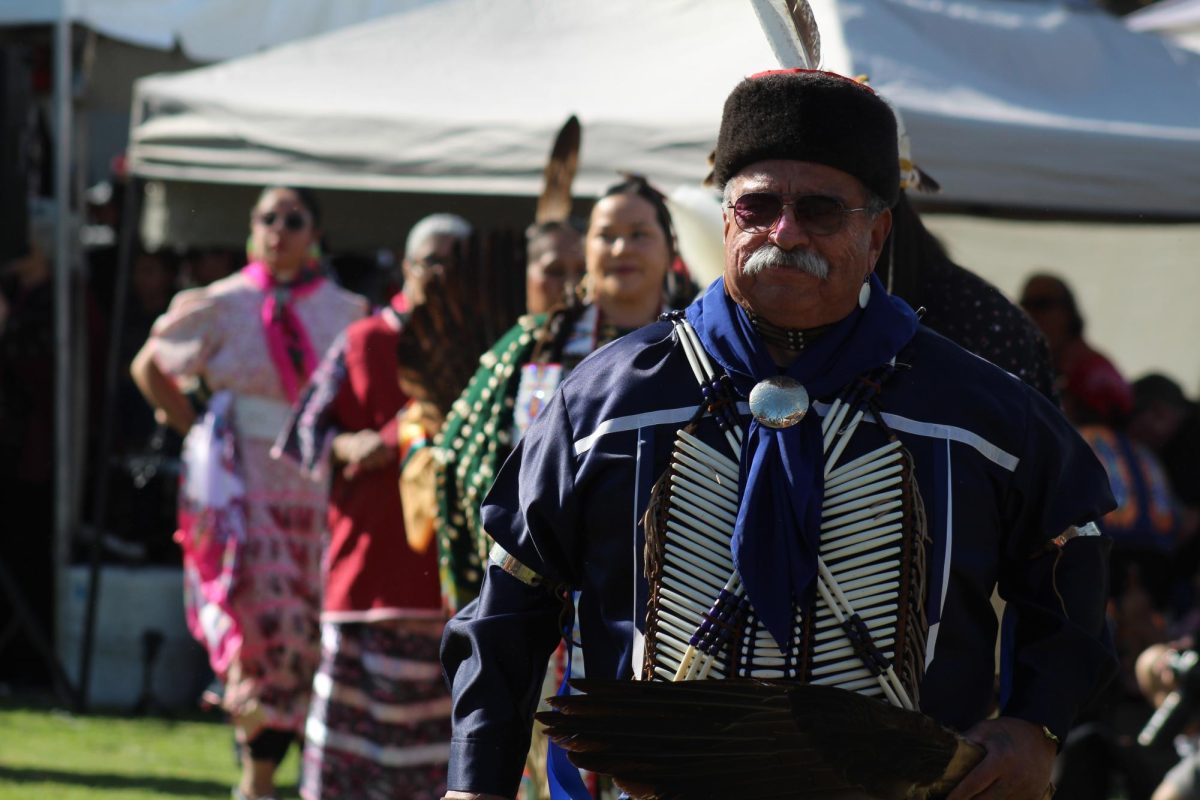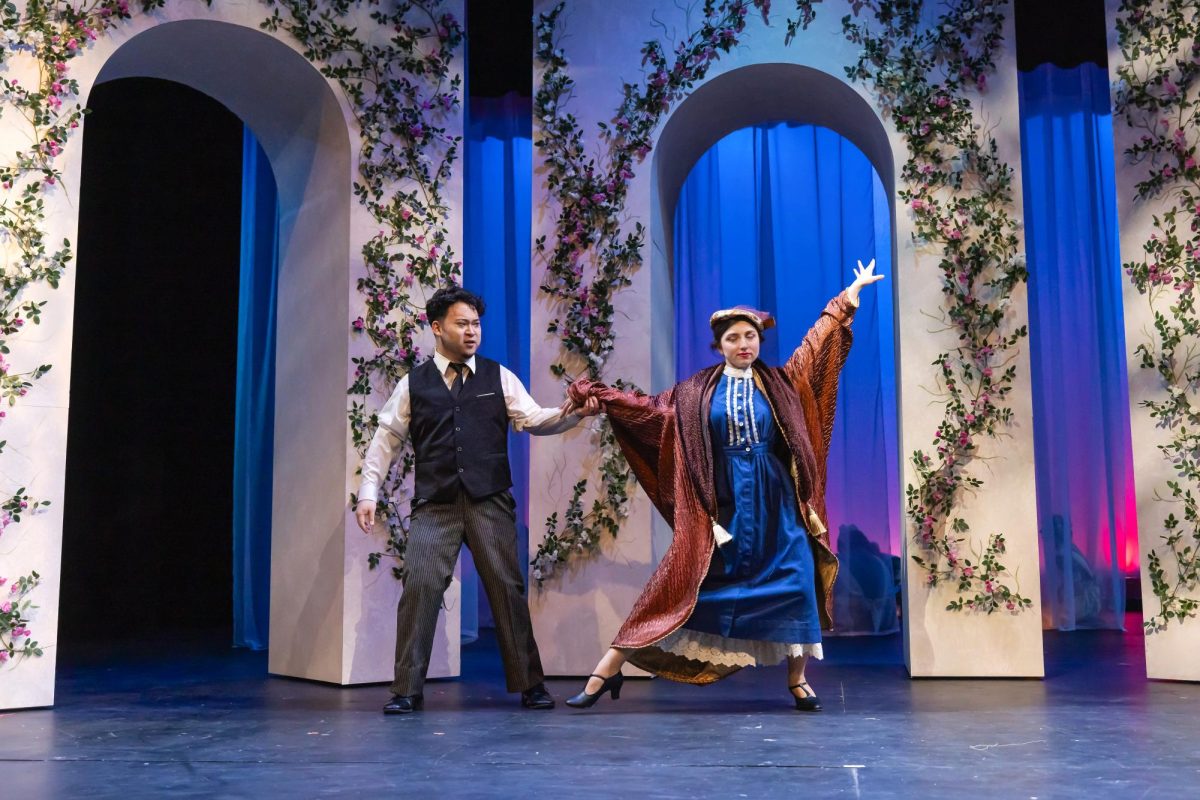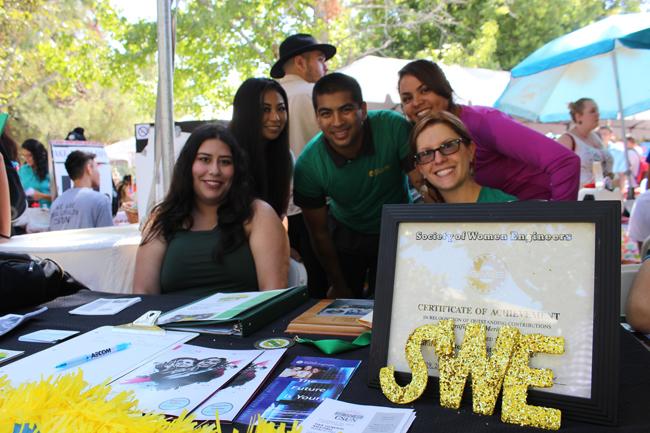
As a professional civil engineer, Lilly Shraibati has had to overcome the stereotype that engineering is a man’s profession.
Shraibati comes from a family of male engineers. Many of her uncles had told her, “it’s not for girls,” and she had to find a support group that would give her the confidence to achieve her goals.
She found encouragement at the Bonita J. Campbell Endowment for Women in Science and Engineering (WISE), where she serves on the advisory board.
“Everyone should follow their dreams without worrying whether it’s appropriate,” Shraibati said.
Studies show that there is a lack of women entering the science and engineering professions. As of Fall 2013, women made up only 12.3 percent of the entire engineering and computer science college, according to the CSUN Office of Institutional Research.
The same study shows that in the Mathematics and Science College, however, women made up 55.9 percent.
Within the college, certain departments have a much wider gender gap. Physics and astronomy have only 16.4 percent women, while biology professionals are nearly two-thirds of the workforce.
As the gap continues to widen, CSUN clubs and organizations, like Shraibati’s, hope to find a solution to these disparities and encourage more women to pursue careers in science. The aim of the endowment is to encourage more young women to enter careers in STEM, said Mark Stover, executive secretary at the Bonita J. Campbell Endowment for WISE advisory board.
“One of the big problems is the career trajectory when a woman decides to start a family sometimes that creates barriers for a career,” said Stover. “ I think our society has to figure out ways to enable women to continue in their careers and have a family at the same time, and that’s a big challenge.”
Other organizations on campus are working to achieve the same goal.
Electrical engineering student Courtney Yoshimoto is the president of the Society of Women Engineers club. She first joined the club in order to connect with other women who share similar science related interests and would be able to help her with her academic endeavors.
“Being in school as an engineer, there’s not a lot of girls in your class,” Yoshimoto said. “It’s hard to find study groups and peers that are there to help you out, that’s what I feel has been the hardest part.”
Shraibati encourages professionals, educators and parents to expose young women to the sciences at an early age.
“I think if kids got introduced to engineering and science younger … then it would be different,” Yoshimoto said. “I think a lot of them haven’t even tried it, thinking it’s not for girls.”
In order to help young ambitious girls, the Women’s Engineering club attends local middle schools in order to encourage aspiring scientists and engineers and help them prepare for the obstacles once they reach the workforce.
Yoshimoto has had much support in her choice of pursuing engineering. She comes from family and friends who recognize and understand her aspirations, unlike Shraibati.
Yoshimoto’s father is a professional engineer and has seen first-hand that the workforce is trying to hire more women. The problem, however, is that it is difficult to be a professional female engineer because they are often belittled, Yoshimoto said.
There are a lot of societal pressures and mixed messages that women throughout history have been subjected to, said Stover.
“It would be cool to have more successful women in science on the media…” Yoshimoto said.
With the help of programs such as the Bonita J. Campbell Endowment for WISE, the Society for Women Engineers club progress is being made to even out the gender gap and the hope is to create a greater social change.
“Diversity is a great thing and it’s never good to have one homogenous way to get the job done, it’s always good to have different perspectives, and I think that includes gender,” Stover said.
